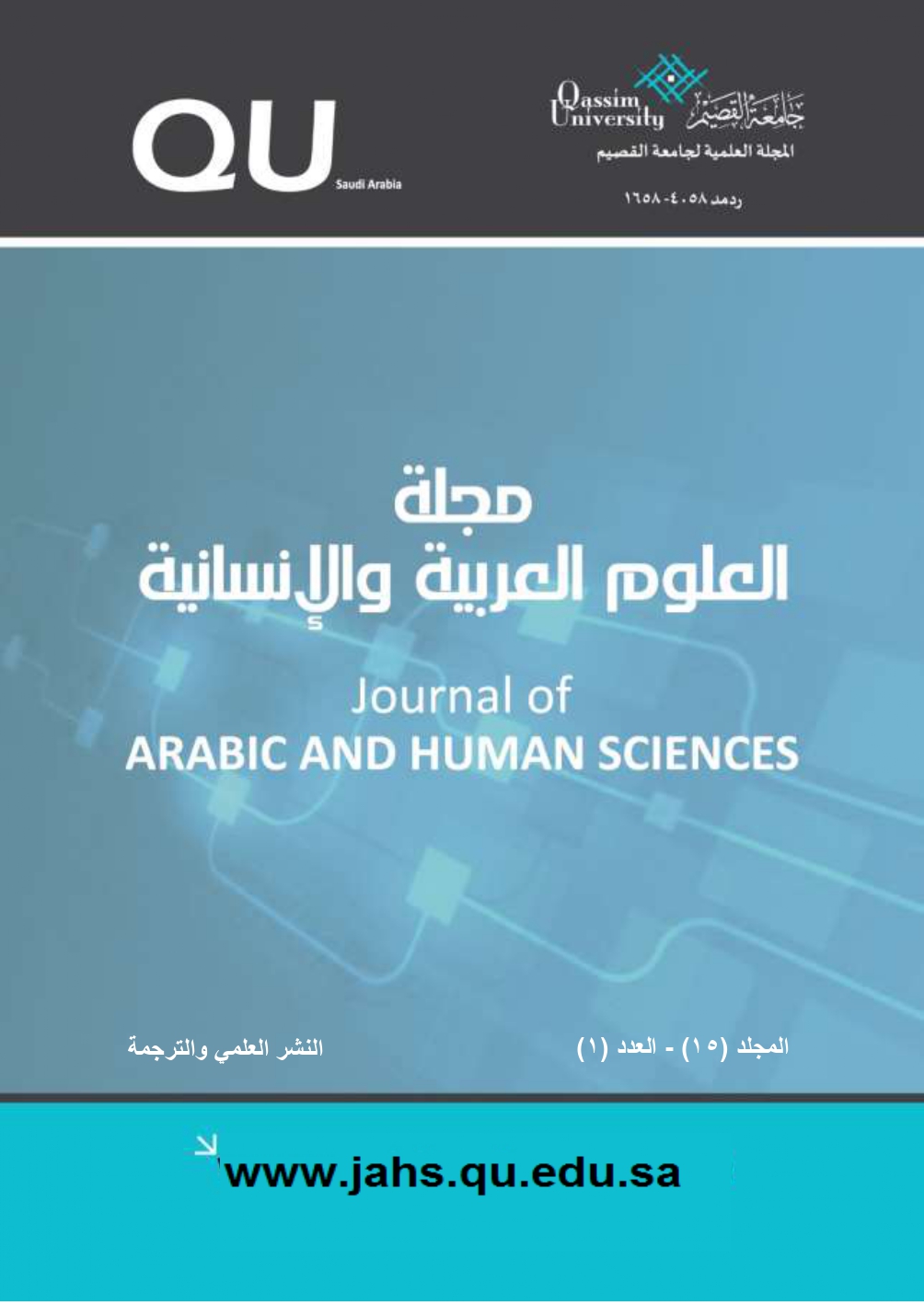Saudi EFL College Learners’ Preferences of Teachers’ Oral Corrective Feedback Across Cognitive Styles
Abstract
This study aims to investigate Saudi female English as a foreign language (EFL) learners’ preference of five types of teachers’ oral corrective feedback (OCF), mainly explicit correction, recast, clarification request, elicitation, and repetition. It also investigates the reasons behind those preferences, and whether there is an association between the learners’ preferences and their cognitive styles (CS). The researchers collected data from 164 level 5 and 6 college students with the aid of two questionnaires and cognitive style tests. The results show that recast and explicit correction are the most preferred types of OCF by both field-independent and field-dependent learners. The results also show that the given reasons for the preferences reflect the learners’ concerns about their psychological status. Furthermore, it was found that while there is a significant association between the participants' cognitive styles and their preferences for recast and repetition, there is no association between the cognitive styles and their preference for explicit correction, elicitation, and clarification request. It is recommended that EFL teachers should be aware of the learners’ preferences for one type of OCF over another, the impact of OCF types on the positive classroom environment, and the possible impact of cognitive styles on those preferences


